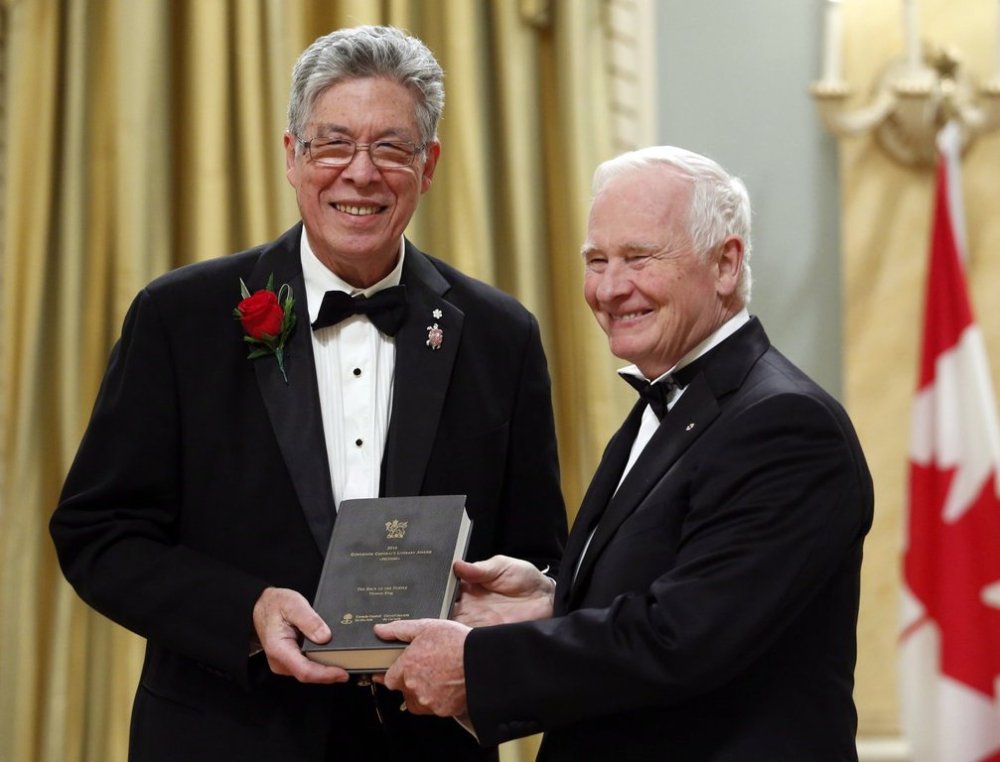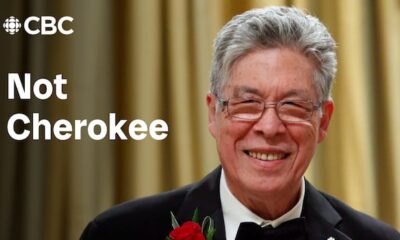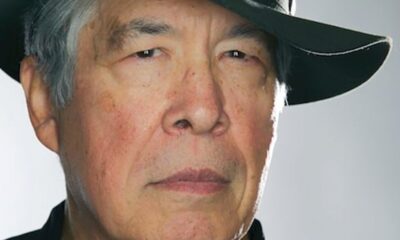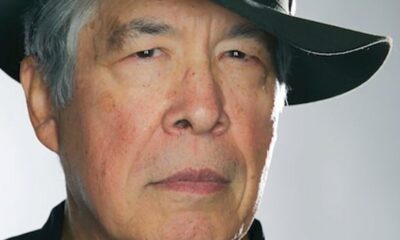Entertainment
Thomas King Reveals He Is Not Indigenous, Shatters Long-held Belief

Acclaimed author Thomas King has announced that he is not Indigenous, a revelation that has left him grappling with a profound identity crisis. Despite believing for most of his life that he had Cherokee ancestry, King recently learned through an investigation that he has no ties to the Indigenous community.
In an essay titled “A Most Inconvenient Indian” published in the Globe and Mail, King details his journey to uncover the truth about his heritage. This exploration began after he encountered rumors questioning his ancestry several years ago. Seeking clarity, he engaged with the Tribal Alliance Against Frauds, a U.S. organization dedicated to addressing issues of Indigenous identity fraud. Their investigation, conducted with assistance from a scholar at the University of British Columbia, confirmed that King does not possess Cherokee heritage.
King, now 82, expressed the emotional toll of this discovery. “At 82, I feel as though I’ve been ripped in half, a one-legged man in a two-legged story,” he wrote. His mother, who rarely spoke of his father, had mentioned that he was part Cherokee. King reflects on how this revelation has fundamentally altered his understanding of himself and his place in the world.
The author is best known for works such as “The Inconvenient Indian: A Curious Account of Native People in North America” (2012) and “The Truth About Stories: A Native Narrative” (2003). His contributions to literature and Indigenous issues have garnered numerous accolades, including the Stephen Leacock Memorial Medal for Humour for his 2020 book “Indians on Vacation”. In 2004, he was made a member of the Order of Canada, later promoted to companion in 2020 for his work that highlights injustices faced by Indigenous Peoples in North America.
King’s previous statements reflect his commitment to fostering dialogue about Indigenous issues. After winning the RBC Taylor Prize for Non-Fiction in 2014, he remarked, “The best I can hope, I think, is for it to begin a conversation that other people will have to continue.” He acknowledged that addressing centuries of systemic injustices would require sustained effort over time.
The Canadian Press attempted to reach King for further comments but was unable to do so. His recent revelations have sparked discussions about identity, authenticity, and the complexities surrounding Indigenous heritage.
This report was initially published on November 24, 2025, and continues to resonate within literary and Indigenous communities as they reflect on King’s legacy and the broader implications of his findings.
-

 Politics3 weeks ago
Politics3 weeks agoSecwepemc First Nation Seeks Aboriginal Title Over Kamloops Area
-

 World4 months ago
World4 months agoScientists Unearth Ancient Antarctic Ice to Unlock Climate Secrets
-

 Entertainment5 months ago
Entertainment5 months agoTrump and McCormick to Announce $70 Billion Energy Investments
-

 Lifestyle4 months ago
Lifestyle4 months agoTransLink Launches Food Truck Program to Boost Revenue in Vancouver
-

 Science5 months ago
Science5 months agoFour Astronauts Return to Earth After International Space Station Mission
-

 Technology3 months ago
Technology3 months agoApple Notes Enhances Functionality with Markdown Support in macOS 26
-

 Top Stories2 months ago
Top Stories2 months agoUrgent Update: Fatal Crash on Highway 99 Claims Life of Pitt Meadows Man
-

 Lifestyle3 months ago
Lifestyle3 months agoManitoba’s Burger Champion Shines Again Amid Dining Innovations
-

 Sports5 months ago
Sports5 months agoSearch Underway for Missing Hunter Amid Hokkaido Bear Emergency
-

 Politics4 months ago
Politics4 months agoUkrainian Tennis Star Elina Svitolina Faces Death Threats Online
-

 Politics4 months ago
Politics4 months agoCarney Engages First Nations Leaders at Development Law Summit
-

 Technology5 months ago
Technology5 months agoFrosthaven Launches Early Access on July 31, 2025





















